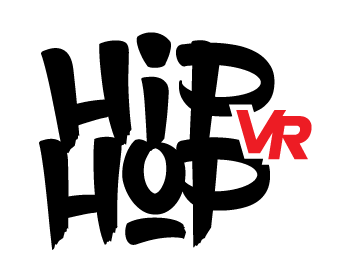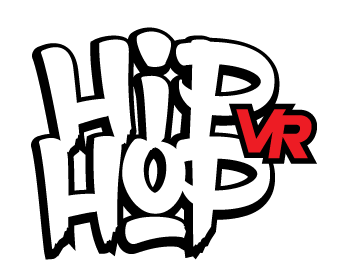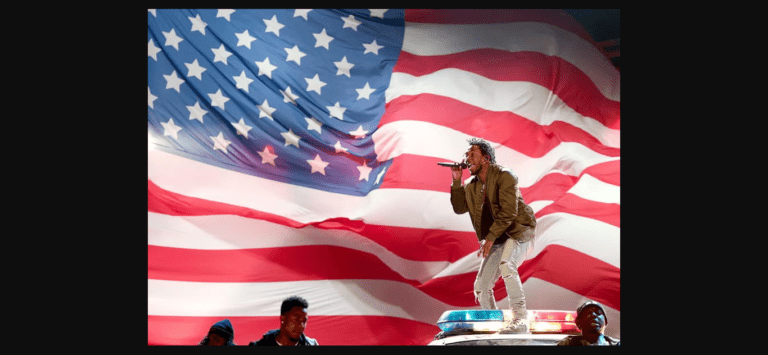Kendrick Lamar’s highly anticipated Super Bowl halftime performance took an unexpected turn when a group of protesters disrupted the show, making headlines for their bold act of defiance. During the high-profile performance, which was celebrated for its fierce energy and powerful political messages, dancers displayed a Palestinian flag, drawing attention to the ongoing conflict in Gaza.
The protest caused a stir, not only among fans watching the broadcast but also in the wider political landscape, with some criticizing the act as a disruption of entertainment, while others saw it as a necessary political statement. The protesters, part of a larger 400-member cast, added an extra layer of complexity to Lamar’s performance, amplifying his already tense relationship with fellow rapper Drake.
In the wake of the incident, discussions around the intersection of music, politics, and sports have become more heated. The event has sparked both support and backlash, fueling debates on the role of artists and athletes in activism, especially in high-profile platforms like the Super Bowl. While some called for more freedom of expression, others argued the timing and execution of the protest overshadowed the music and the event itself.
As the NFL continues to grapple with these issues, Lamar’s performance stands as a pivotal moment in Super Bowl history, cementing his place in not just music but in the broader cultural conversation.


